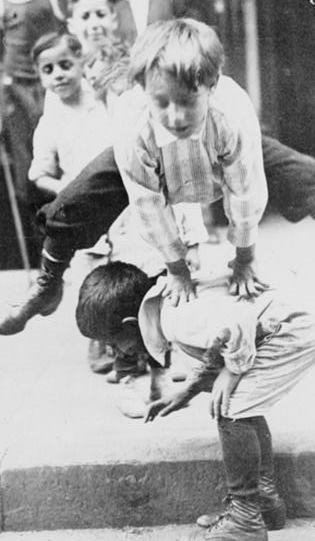A tenet of modernist planning was that cities didn’t matter any more, that communications technology ... rendered them useless and inefficient. Of course, the opposite has proved true. As technology has lowered the barriers between places, the differences between them have become accentuated. At least at a global scale, when ideas and capital flow freely, they tend to dry up in some places and pool in others—as in New York. But the influence of communication technology is beginning to have an impact at the neighborhood scale as well. Jacobs wrote that “word does not move around where public characters and sidewalk life are lacking.” Now it does. There are the people paused at the top of the subway stairs, occupying two spaces at once, one physical, one virtual. And in neighborhoods around the country—this one in particular—community online message boards and blogs are thriving, entirely in parallel with news passed stoop to stoop.
...
If the physical form of a neighborhood is conducive to community, so is its virtual form.
Interesting thesis, but is it true? I defintely think that a city with good physical form helps foster community. And I understand that virtual communities are more active in vibrant neighborhoods or ones in transistion or with many stresses. For example, people may go online to organize block watches or to organize to save the local pool.






2 comments:
"There are the people paused at the top of the subway stairs, occupying two spaces at once, one physical, one virtual."
There is something about a single object occupying two spaces that is stirring the memory of an physics problem I had years ago. Einstein?
Yeah, I don't want to make something more complicated than it really is. But I think there is a point to be made that The City is not only still relevant, but maybe even more so. This, despite the ability to work from home and collaborate via web with co-workers around the globe.
Post a Comment